Afraid Of Pimples During Monsoon Season? Try Out These 9 Remedies To Get Rid Of Them
By: Priyanka Maheshwari Fri, 30 June 2023 8:21:29
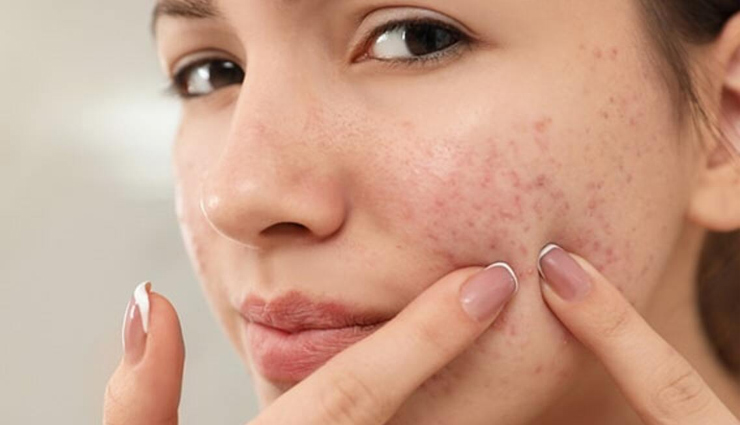
The monsoon season brings with it a refreshing change in weather but also poses challenges for our skin. The increased humidity and moisture can lead to excess oil production, clogged pores, and ultimately, pimples. If you find yourself dreading the appearance of pimples during the monsoon, fear not! We have compiled a list of 9 effective remedies that can help you get rid of those pesky pimples and maintain clear, healthy skin.
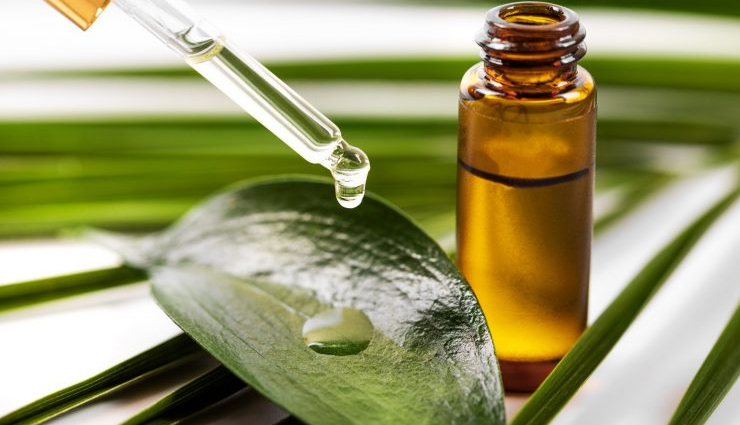
# Tea Tree Oil
Tea tree oil has powerful antibacterial properties that can help fight acne-causing bacteria. Before applying tea tree oil, it is important to dilute it with a carrier oil, such as coconut oil or jojoba oil. Mix a few drops of tea tree oil with a teaspoon of the carrier oil of your choice. Apply the diluted mixture to the affected areas using a cotton swab or clean fingertips.Before using tea tree oil on your face, it is advisable to perform a patch test on a small area of skin. This will help determine if you have any adverse reactions or sensitivity to the oil.

# Neem
Neem has been used for centuries in traditional Indian medicine for its antibacterial and antifungal properties. Neem contains compounds like nimbidin and nimbin that have strong antibacterial properties. These properties help combat the bacteria that can contribute to the formation of pimples and acne. There are several ways to use neem for pimples. One method is to make a neem paste by grinding neem leaves with a little water. Apply this paste directly to the affected areas and leave it on for about 15-20 minutes before rinsing off with water. Another option is to use neem oil diluted with a carrier oil, such as coconut oil or jojoba oil, and apply it to the pimples using a cotton swab.
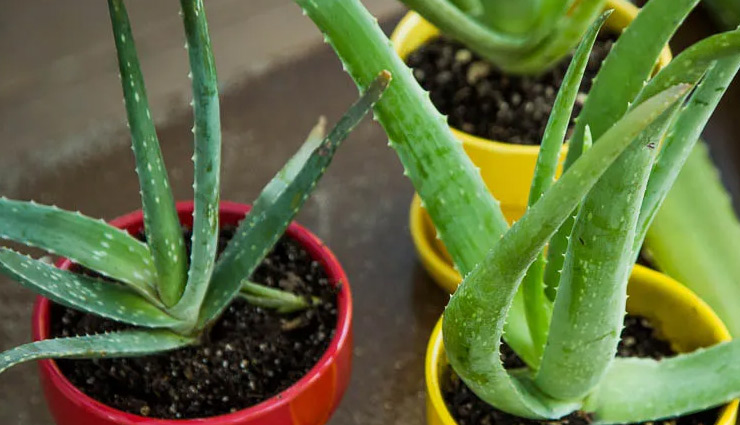
# Aloe Vera
Aloe vera is known for its soothing and healing properties. Extract the gel from an aloe vera leaf by cutting it open and scooping out the gel. Apply the fresh gel directly to the pimples or acne-affected areas. Leave it on for about 20 minutes, then rinse it off with water. Aloe vera gel helps reduce inflammation, redness, and swelling, promoting faster healing of pimples. Drinking aloe vera juice can also have potential benefits for the skin, including reducing inflammation and promoting a healthy complexion.
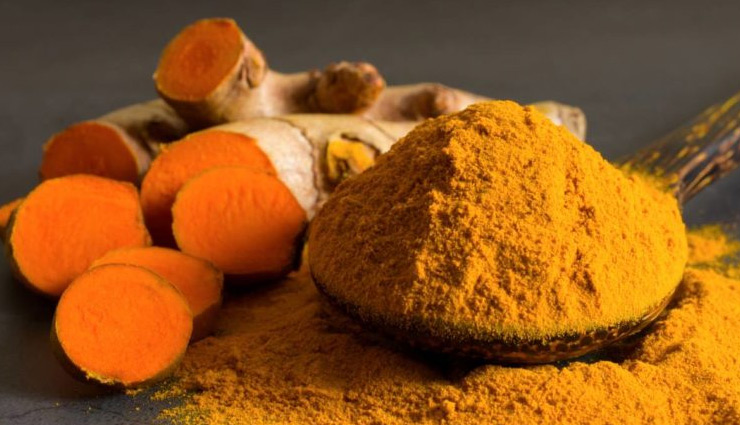
# Turmeric
Turmeric, a common spice used in cooking, has been valued for its medicinal properties for centuries. It contains a compound called curcumin, which has antioxidant, anti-inflammatory, and antibacterial properties that can be beneficial for treating pimples. Mix a teaspoon of turmeric powder with a few drops of water or lemon juice to create a paste. Apply the paste directly to the pimples or acne-affected areas. Leave it on for about 15-20 minutes, then rinse it off with water. Turmeric helps reduce inflammation, redness, and swelling associated with pimples. Consuming turmeric internally, either as a spice in your meals or in the form of turmeric supplements, may also have potential benefits for the skin due to its anti-inflammatory and antioxidant properties.
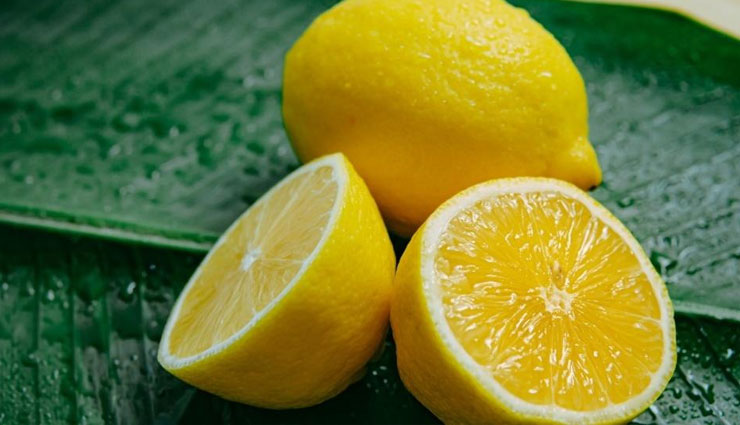
# Lemon Juice
The acidic nature of lemon juice helps to dry out pimples and reduce oiliness. Squeeze fresh lemon juice into a small bowl and dip a cotton swab into the juice. Apply the lemon juice directly to the pimples or acne-affected areas. Leave it on for about 10-15 minutes, then rinse it off with water. Lemon juice can help dry out the pimples and reduce redness and inflammation. It's important to note that lemon juice can be quite strong and may cause skin irritation or dryness, especially for those with sensitive skin. It's advisable to perform a patch test before using lemon juice on your face and dilute it with water or other soothing ingredients if needed.
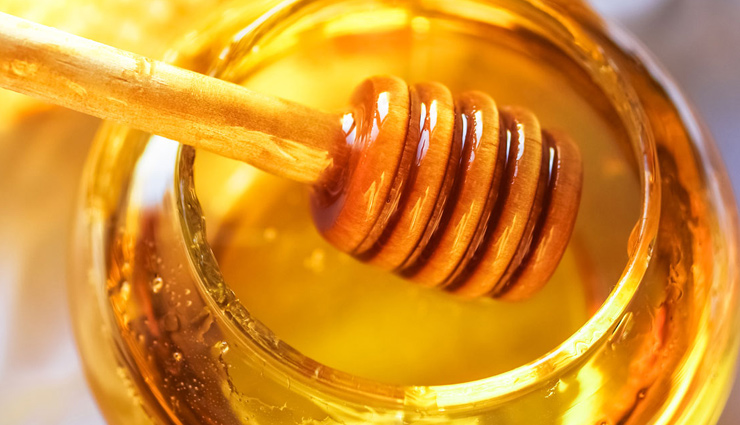
# Honey
Honey is a natural antibacterial agent that can help fight bacteria causing pimples. Apply a small amount of raw honey directly to the pimples or acne-affected areas using a clean cotton swab or your fingertips. Leave it on for about 20-30 minutes, then rinse it off with lukewarm water. Honey helps reduce inflammation, kill bacteria, and promote healing. It's important to use raw, organic honey for best results, as processed honey may not retain its natural properties. Keep in mind that individual results may vary, and it's always a good idea to perform a patch test before applying honey to your face, especially if you have sensitive skin or allergies.
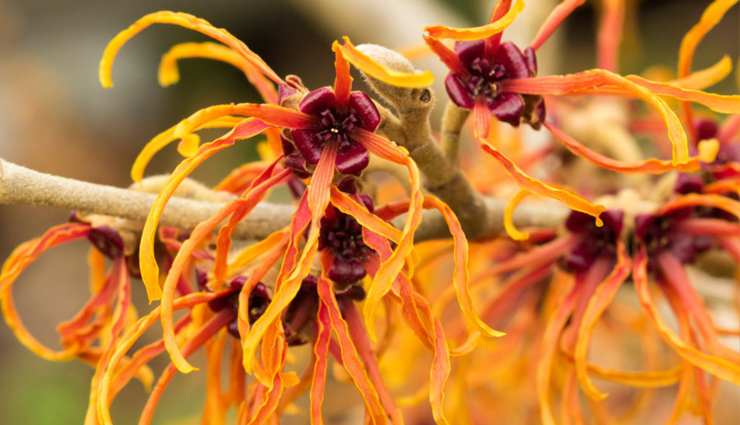
# Witch Hazel
Witch hazel is a natural astringent that can help tighten the skin and reduce inflammation. Pour witch hazel into a clean bottle or container. Use a cotton ball or pad to apply the witch hazel directly to your face, focusing on the areas with pimples or acne. Leave it on for a few minutes to allow it to dry before continuing with your skincare routine. Witch hazel helps remove excess oil, reduce inflammation, and tighten the pores. It's important to choose alcohol-free witch hazel products, as alcohol can be drying and potentially irritate the skin. Perform a patch test before using witch hazel on your face, especially if you have sensitive skin, to ensure you don't experience any adverse reactions. If you notice any irritation or discomfort, discontinue use and consult a dermatologist.
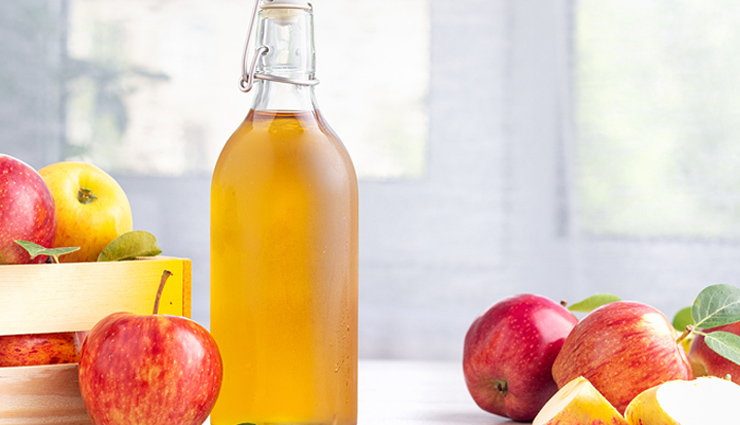
# Apple Cider Vinegar
Apple cider vinegar has antimicrobial properties and helps balance the skin's pH levels. Mix equal parts of raw, unfiltered apple cider vinegar and water in a clean bottle or container. Use a cotton ball or pad to apply the diluted ACV directly to your face, focusing on the areas with pimples. Leave it on for a few minutes, then rinse it off with water. Apple cider vinegar helps balance the pH of the skin, reduce inflammation, and kill acne-causing bacteria. It's important to note that apple cider vinegar is acidic and can cause skin irritation, especially if used undiluted or if you have sensitive skin. It's recommended to perform a patch test before using apple cider vinegar on your face and dilute it with water if needed. If you experience any adverse reactions or discomfort, discontinue use and consult a dermatologist.
It's also essential to use raw, unfiltered apple cider vinegar that contains the "mother," which is a beneficial component with probiotics and enzymes. Additionally, it's advisable to start with a lower concentration of apple cider vinegar and gradually increase it as tolerated.
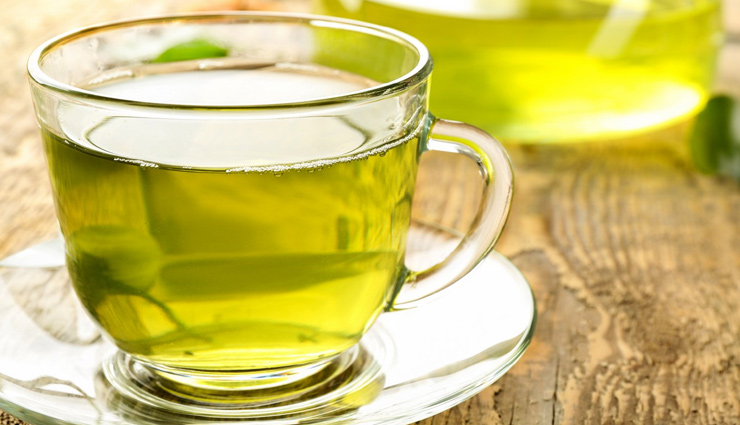
# Green Tea
Green tea contains antioxidants that can help reduce inflammation and fight acne-causing bacteria. Brew a cup of green tea and let it cool down. Use a cotton pad or ball to apply the cooled green tea directly to your face, gently massaging it in circular motions. Leave it on for a few minutes, then rinse it off with water. Green tea helps cleanse the skin, reduce inflammation, and remove excess oil. Drinking green tea regularly can also be beneficial for your skin's overall health. It helps flush out toxins, provides antioxidants, and promotes hydration. Aim to drink 2-3 cups of green tea per day for optimal benefits.





